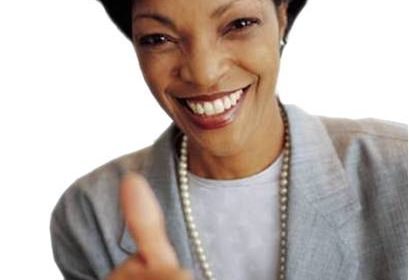 Those who call themselves a ‘coach’ without certified coach training do a disservice to themselves and to their clients.
Those who call themselves a ‘coach’ without certified coach training do a disservice to themselves and to their clients.
One justification for not going through a certified coach training program is that the person has plenty of professional and personal experience to share with clients and therefore thinks that training is unnecessary. This is akin to someone who is good with math advertising themselves as an accountant. Having professional and personal experience, just like being good in math, is certainly helpful and nowhere near enough. It is not a matter of either/or, it is a matter of experience AND training.
There are legal implications for working as an untrained coach as well. A client may accuse an untrained person calling themselves a coach of falsely representing themselves. The potential for harming clients increases too because without training, it becomes easier to stray over the lines into the role of a licensed advising professional or therapist despite any good intentions.
With coach training, professional coaches understand the distinct and critical differences between a coach, a mental health professional, a consultant, a mentor, a trainer, and an advisor. More opportunities open up for certified coaches as well. Now that knowledge of the coaching profession is becoming much more widespread, potential clients will ask about a coach’s certification as well as his or her experience. More and more people understand now that coaching is much more involved than originally thought. Without certification, there are fewer potential clients.
Finally, the potential for client success decreases with an untrained coach who does not know how to coach within the ethical guidelines of a coach and by applying the 11 core competencies.
Trained coaches effectively use powerful questions so that clients explore options and barriers, choose their focus, and buy-in to their own strategies. This means clients are motivated because they arrive at the solution themselves; for the client the victory is that much sweeter when they design it. For the trained coach the privilege is partnering and being on the journey with the client.



